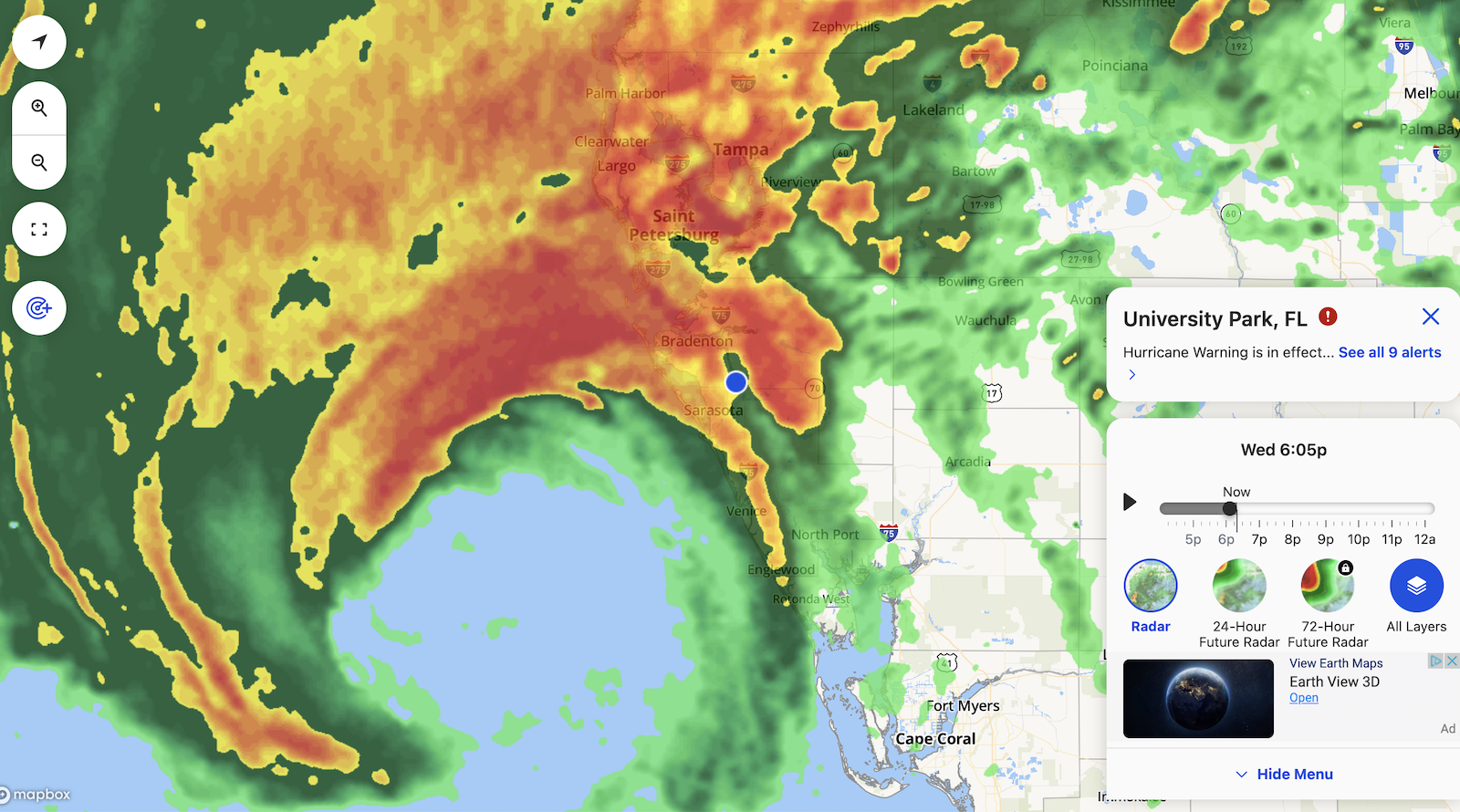Tech
Canada strikes deal to use U.S. space tech, clearing way for rocket launch pad in N.S. | CBC News

A new agreement between Canada and the United States is reigniting the possibility of a spaceport in rural Nova Scotia.
Federal cabinet minister and Nova Scotia MP Sean Fraser announced in Halifax Friday that the two countries have negotiated a Technology Safeguards Agreement, which would allow the use of U.S. space launch technology, expertise and data for space launches in Canada.
The agreement doesn’t come into force until both countries independently review and approve it, and Fraser couldn’t provide a timeline for that. But he said he expects each government to move forward immediately and quickly with their respective domestic approvals.
Steve Matier, the president and CEO of Maritime Launch Services, said he isn’t waiting for the ink to dry.
“We are good to go,” he told reporters following the announcement.
He described the two-country agreement as a “massive” development for his startup.
“It is truly key for us going forward here, and it’s something that we’ve been working on behind the scenes and hoping for to get completed,” he said
Matier has been pursuing a spaceport in the remote coastal community of Canso, N.S., for several years.
Maritime Launch has a 40-year lease for about 135 hectares of provincial Crown land, where it intends to build its launch pad. The company got the green light to build from the provincial government in 2022.
But so far it has only built roads into the site.
New model spurred by Russia’s invasion of Ukraine
The original vision for the spaceport included use of the Cyclone 4M rocket, which can launch up to 30 satellites at a time into orbit. Matier said he had to change course because of the rocket’s origin — they’re made in Ukraine.
“Sadly, we’ve transitioned away from the Ukrainian technology for obvious reasons,” he told reporters Friday.
“It really started with COVID and then went into Russia’s invasion of Ukraine, [which] has made it difficult to get that technology to us.”
Matier said Maritime Launch is now developing a launch pad that it will lease to clients who bring their own rockets. He said he’s confident there’s a market for that service.
“We have investors, we have launch clients and we have satellite clients — all three that are very key and keen to be able to move up here and be a part of what we are working on,” he said.

As of 2021, the company had $10.5 million in investment secured. Matier did not say how much it has now.
The original cost estimate for the spaceport was about $200 million, but Matier said the new model, spurred by the situation in Ukraine, will reduce that by a factor of four, meaning it would bring the cost down to about $50 million.
The province made the project eligible for a $13-million tax credit last year. Earlier this year, the federal government provided terms through the strategic innovation fund that would allow the company to tap into a repayable loan of nearly $13 million.
Maritime Launch did a sub-orbital launch last year as a demonstration. Matier said another one is planned for later this year.
He said he expects to start and finish construction of the launch pad by 2026.
The project has been a controversial one in the community of Canso, where some residents worry about the environmental impact. But others hope the launch business and related tourism will bring money into an economically isolated part of the province.
Fraser said he respects those concerns. He believes the company took them seriously.
“I wouldn’t be such a champion for this particular project if they showed disregard for the environmental assessment process,” he said.
Matier said he’s proud of the “social licence” the company has developed in Canso.










